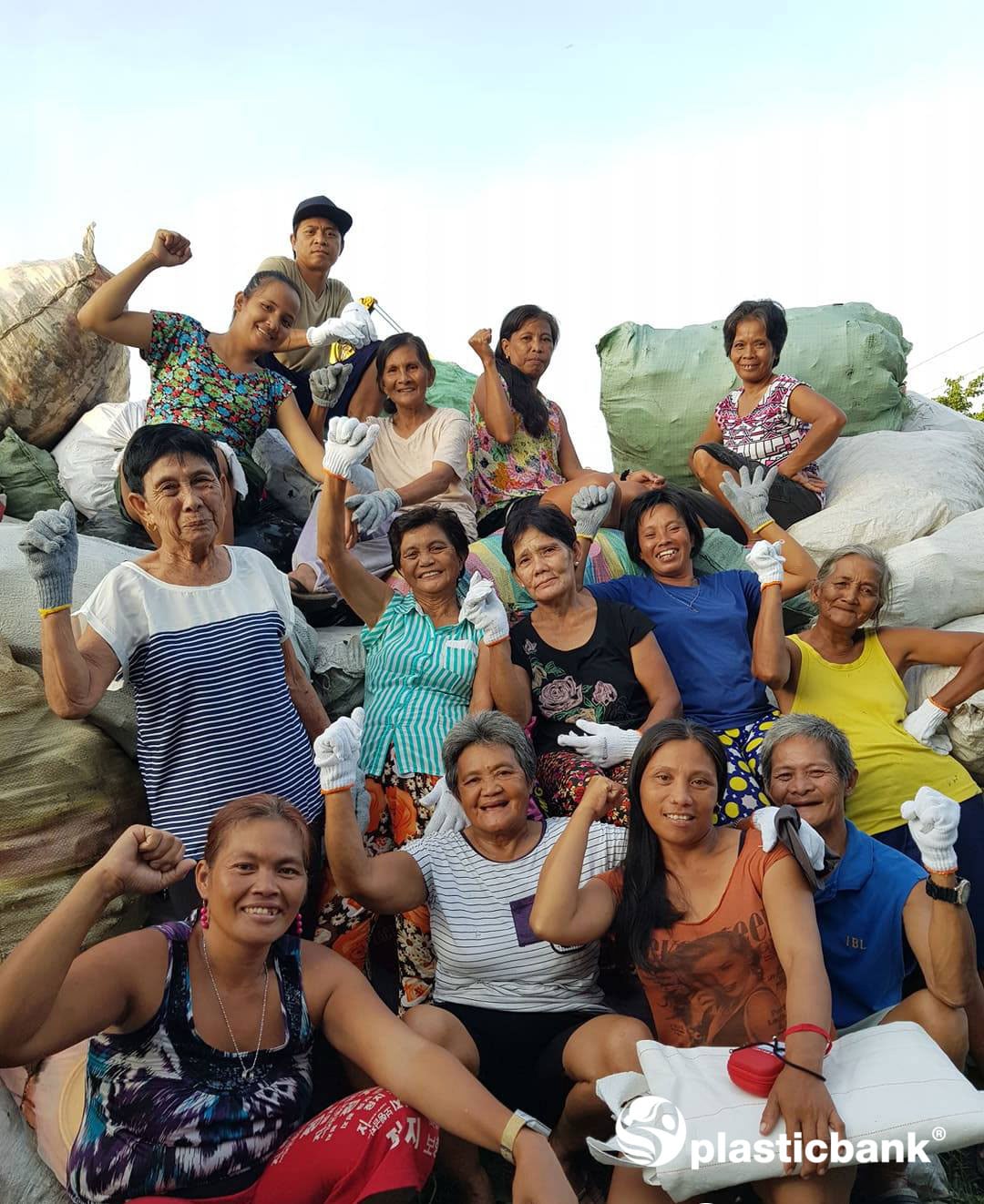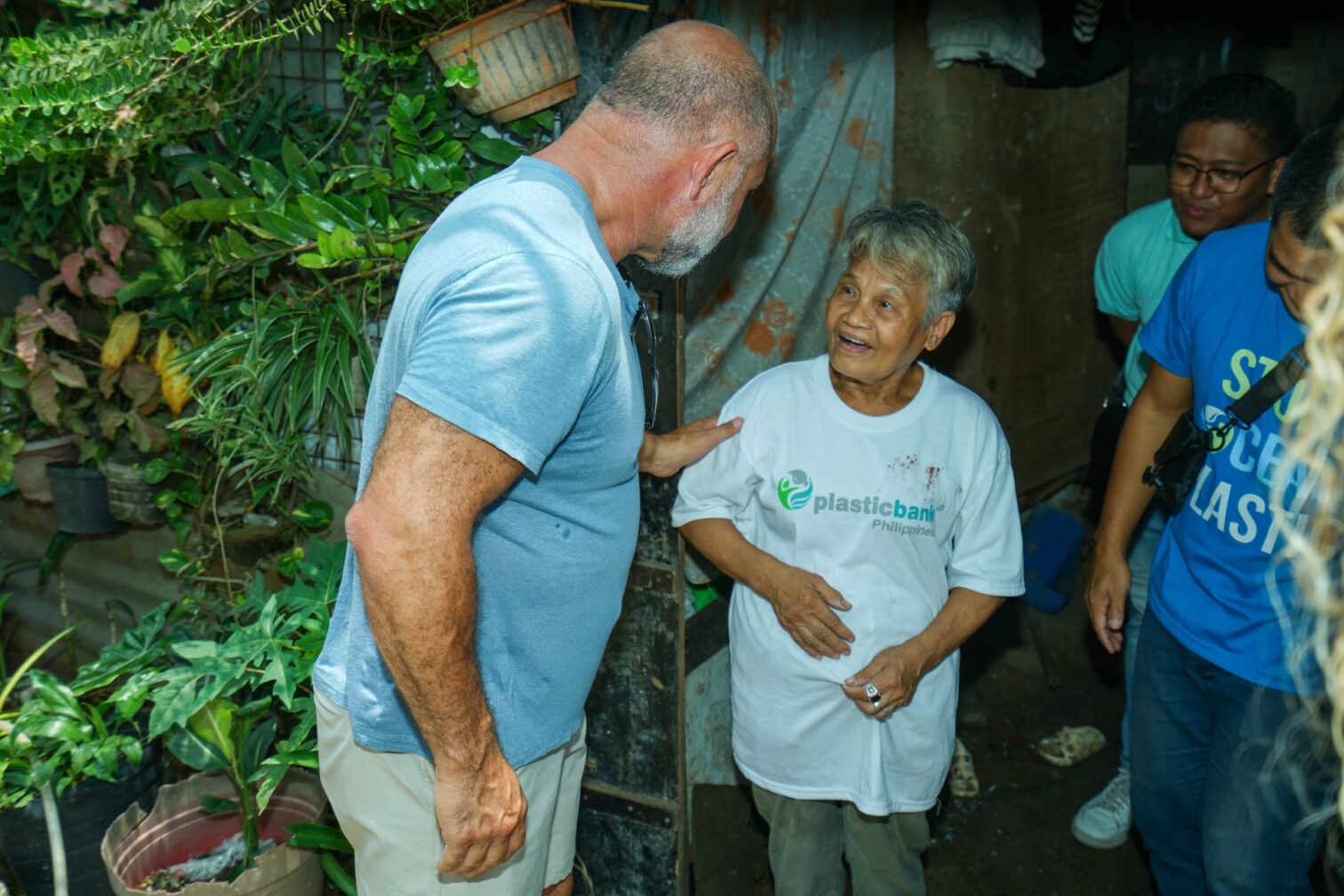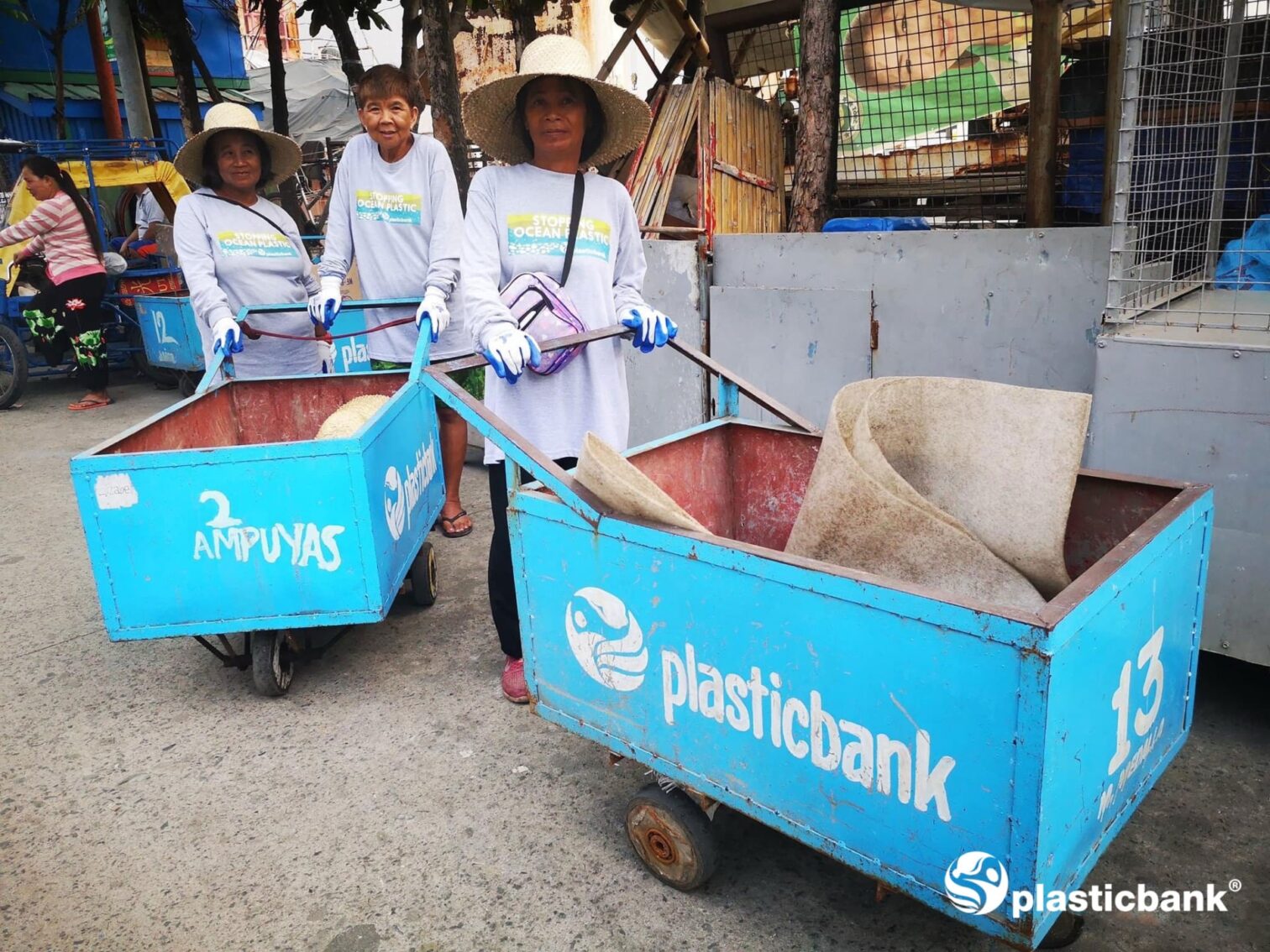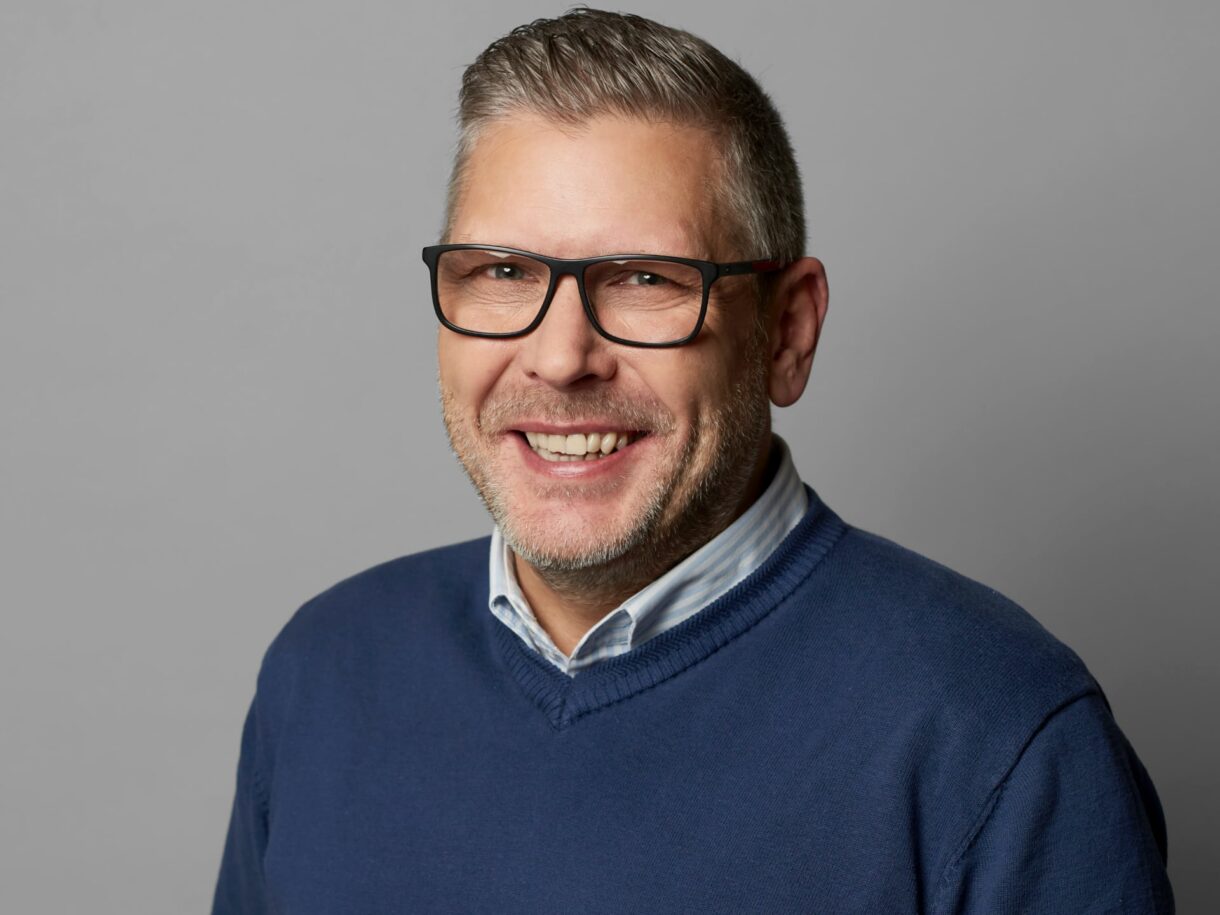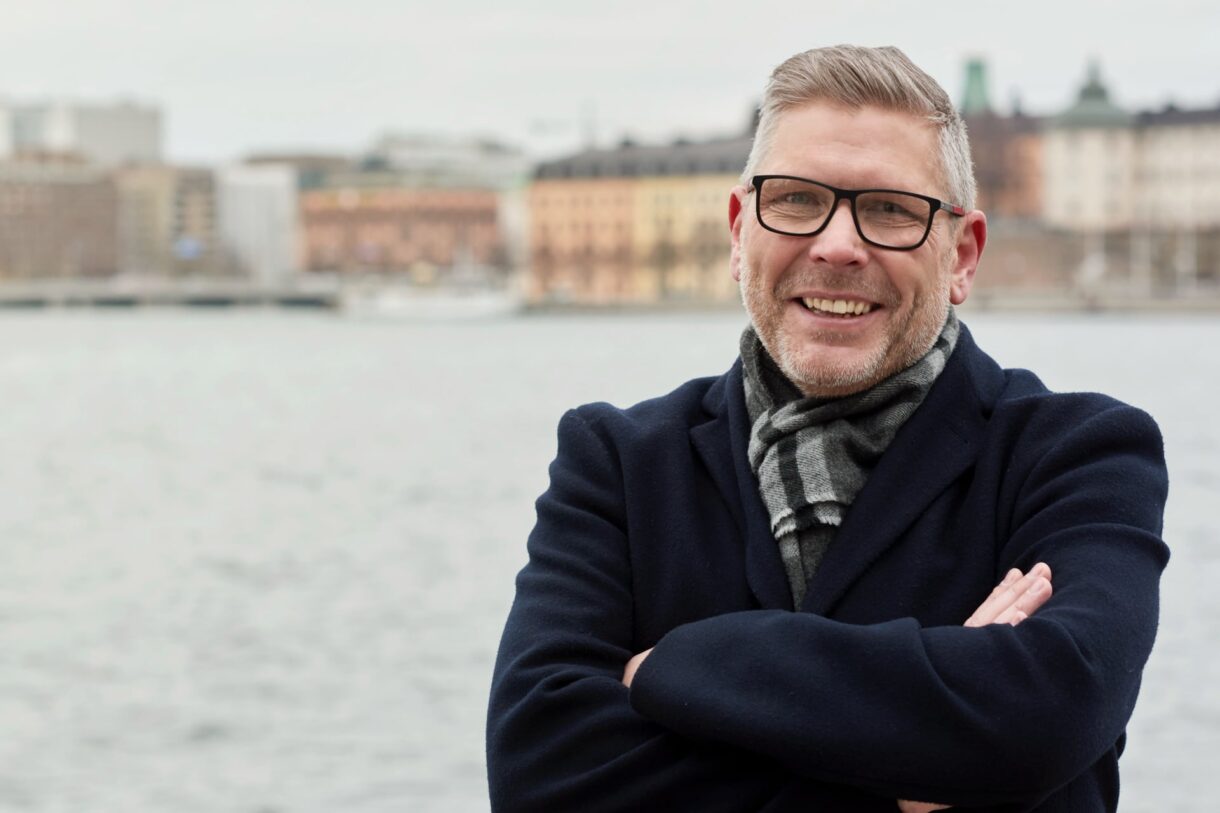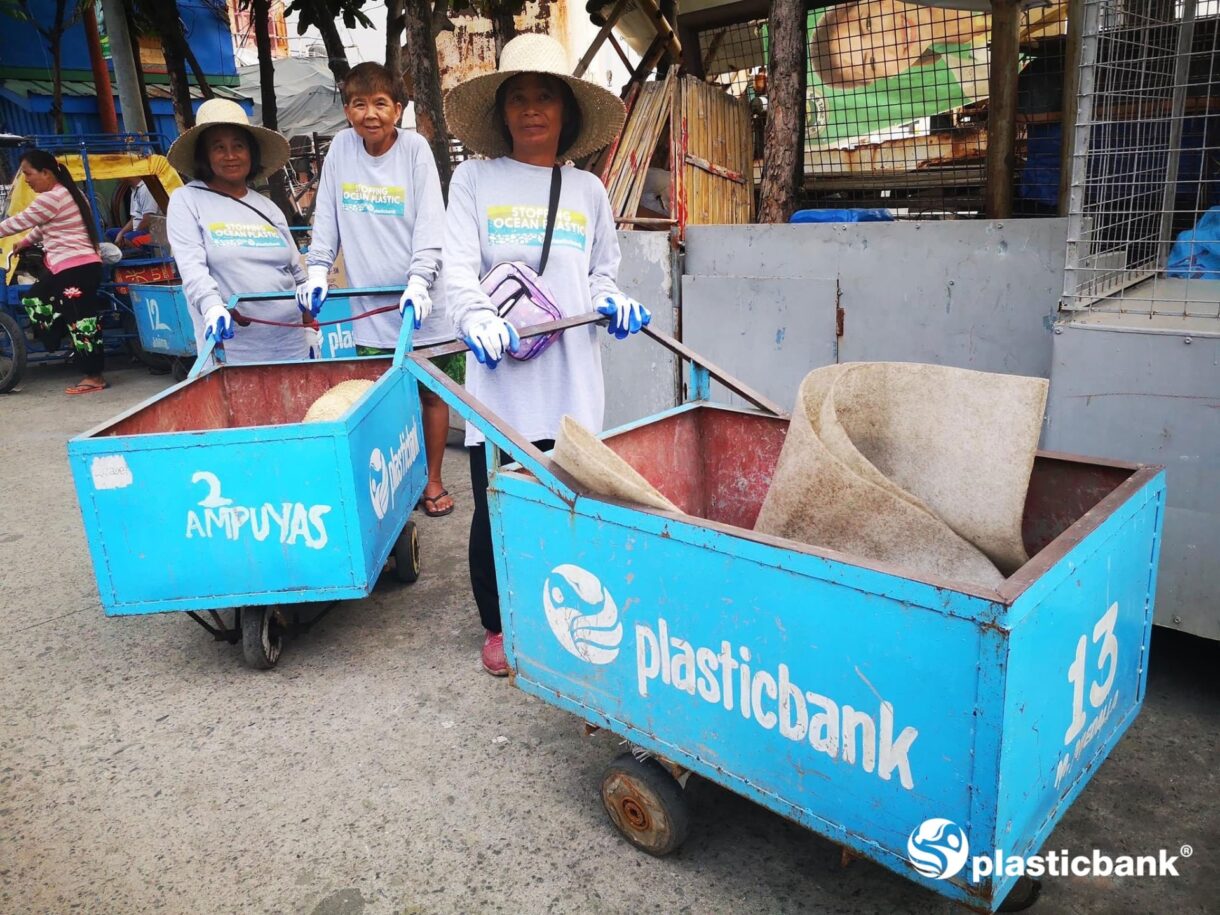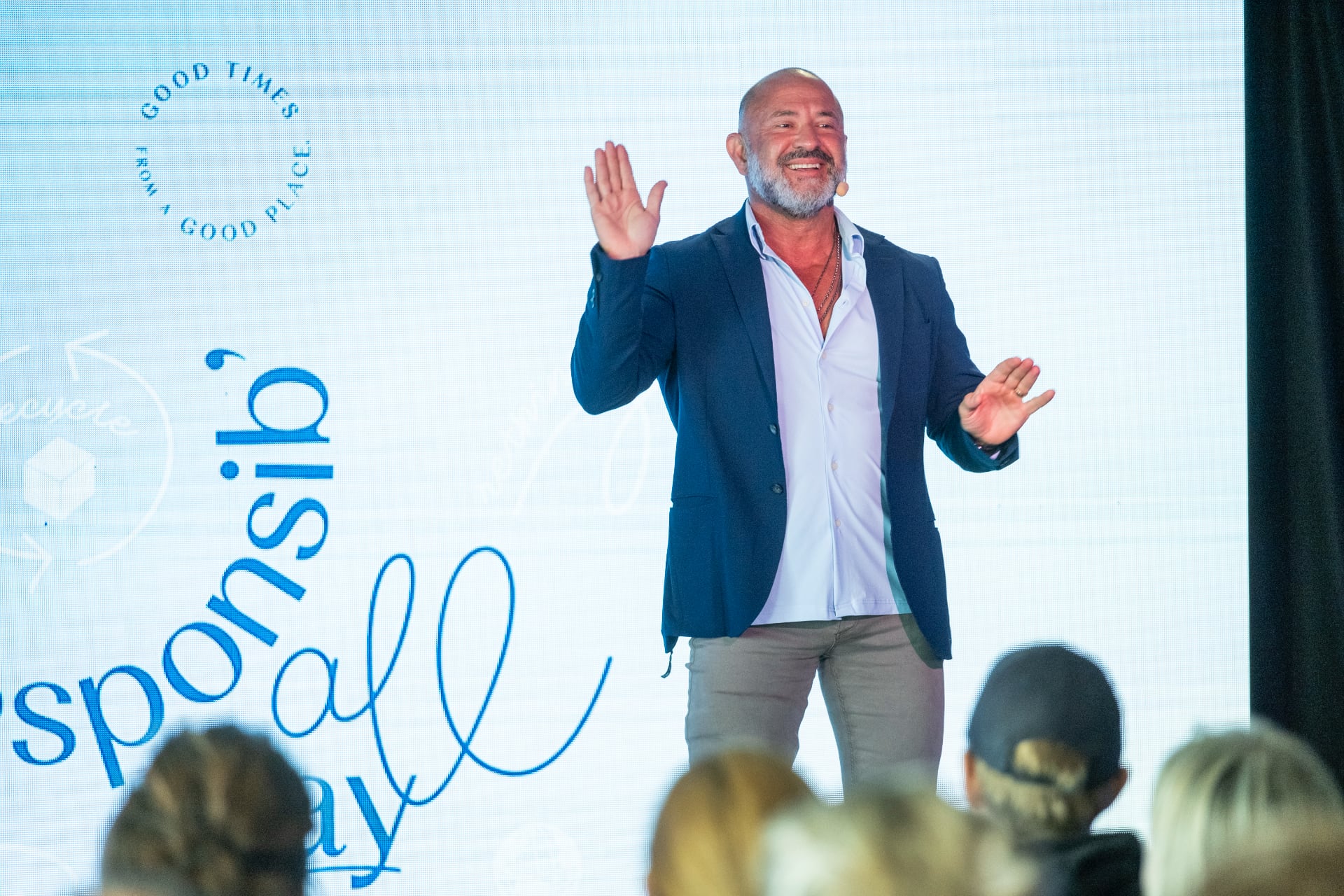
A partnership to tackle plastic pollution
Malibu’s sustainability plans include an ongoing partnership with Plastic Bank to support a plastic recycling ecosystem in the Philippines (the world’s third-biggest contributor to ocean plastic) while improving the lives of local communities at the same time. The Bank’s founder, David Katz, outlined his vision and his quest to employees as part of our Responsib’all Day in June.
The date is etched in David Katz’s memory. It was just before lunch on 9 May 2013 at an event in Silicon Valley when he had a thought that triggered the concept of Plastic Bank. “Poorer people don’t throw money away, I thought. They would never throw plastic away if it was actually worth money,” he says.
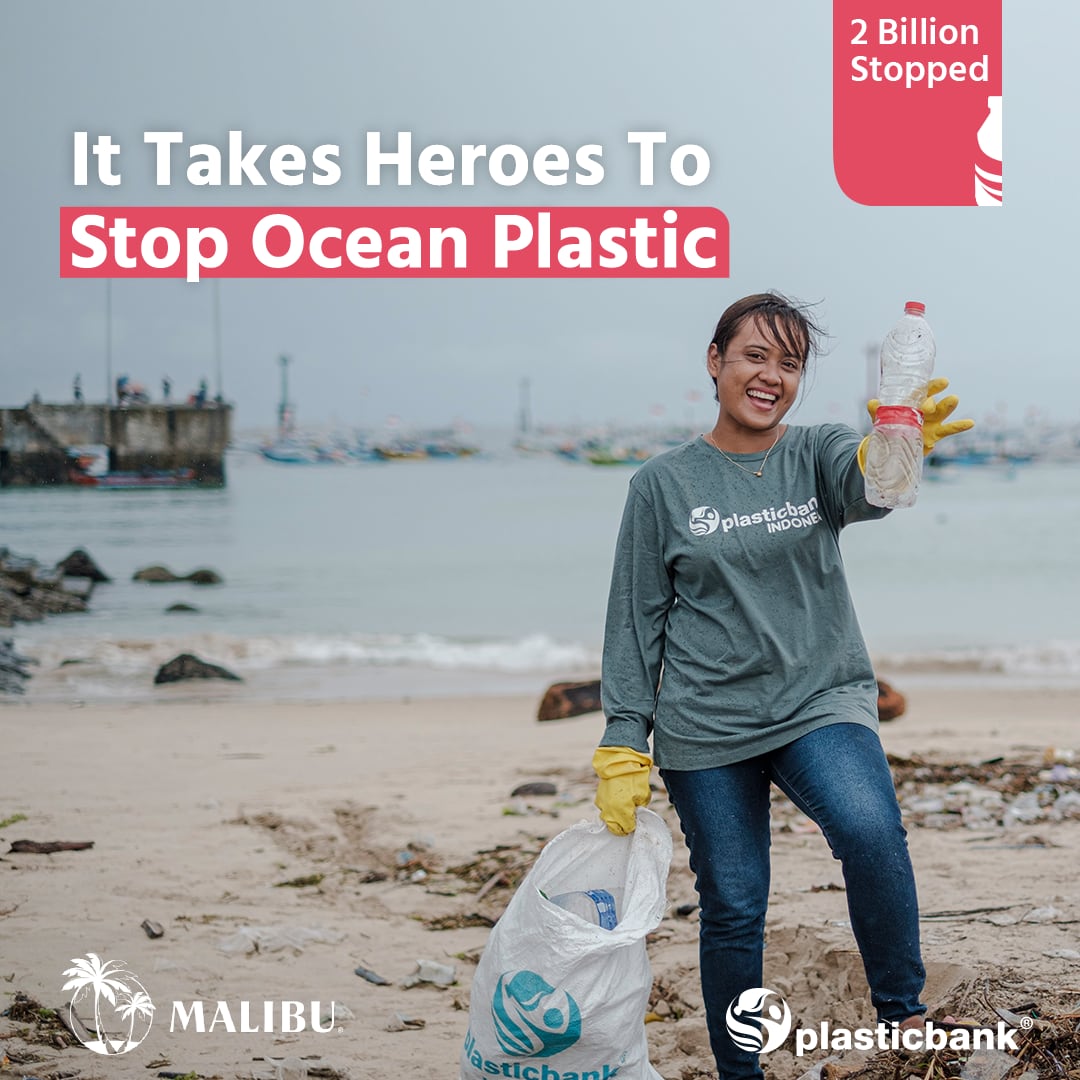
Having grown up by the ocean, for years David had witnessed first-hand plastic washing up on the shores he strolled along on his way to school – and he was impassioned to do something about it. “Millions of people in the developing world have no opportunity to do anything with used plastic other than throw it back into the environment. No garbage truck or recycling truck is coming by,” he adds. “But we need to stop the plastic pouring into the ocean before we start cleaning the plastic that is already there. That is why we focus on collecting plastic in areas with high levels of plastic pollution that lack formal recycling structure.”
Collection communities frequently lack plastic recycling programmes, infrastructure and effective waste management systems, leading to a substantial amount of single-use plastic eventually making its way into the oceans. For David, the key was to find a way to grant collection communities access to waste management. Crucially, it would look to simultaneously empower them with additional income and social benefits that would be crucial in paving a path out of poverty.
The vision and concept for Plastic bank are simple. It recruits local people as collection members to gather plastic waste to be recycled directly from riverbanks, neighbourhoods and households. The collection members are paid for the plastic they retrieve, providing them with secure income and social benefits, while tonnes of plastic are prevented from entering the environment.
Plastic is a currency
David adds: “Have a medical emergency? Collect some plastic. Need pain medication? Collect plastic. Want to make sure your child goes to school? Collect plastic. We’re ultimately plastic bank — banking for the poor, using plastic as the currency.”
David’s vision was to create a for-profit opportunity in the world that regenerates, restores, repairs, recreates and “builds prosperity for the entirety of humanity”. Since its inception, Plastic Bank has prevented the equivalent weight of over 6.5 billion bottles from entering the ocean and has a collection community of more than 51,000 members. It partners with like-minded organisations for funding to help offset plastic consumption and provide raw materials for creating recycled plastic. Malibu is such an organisation and its collaboration with Plastic Bank in the Philippines was renewed for a third year in 2024, aiming to prevent 40 million plastic bottles from ending up in the ocean.
“Millions and millions of bottles are being collected from the environment because of relationships such as ours with Malibu. And yeah, it’s slow but this is like the biblical story of David and Goliath. I’m also called David but this is Plastic Bank fighting Goliath,” he says.
Collect plastic. We’re ultimately plastic bank — banking for the poor, using plastic as the currency.
